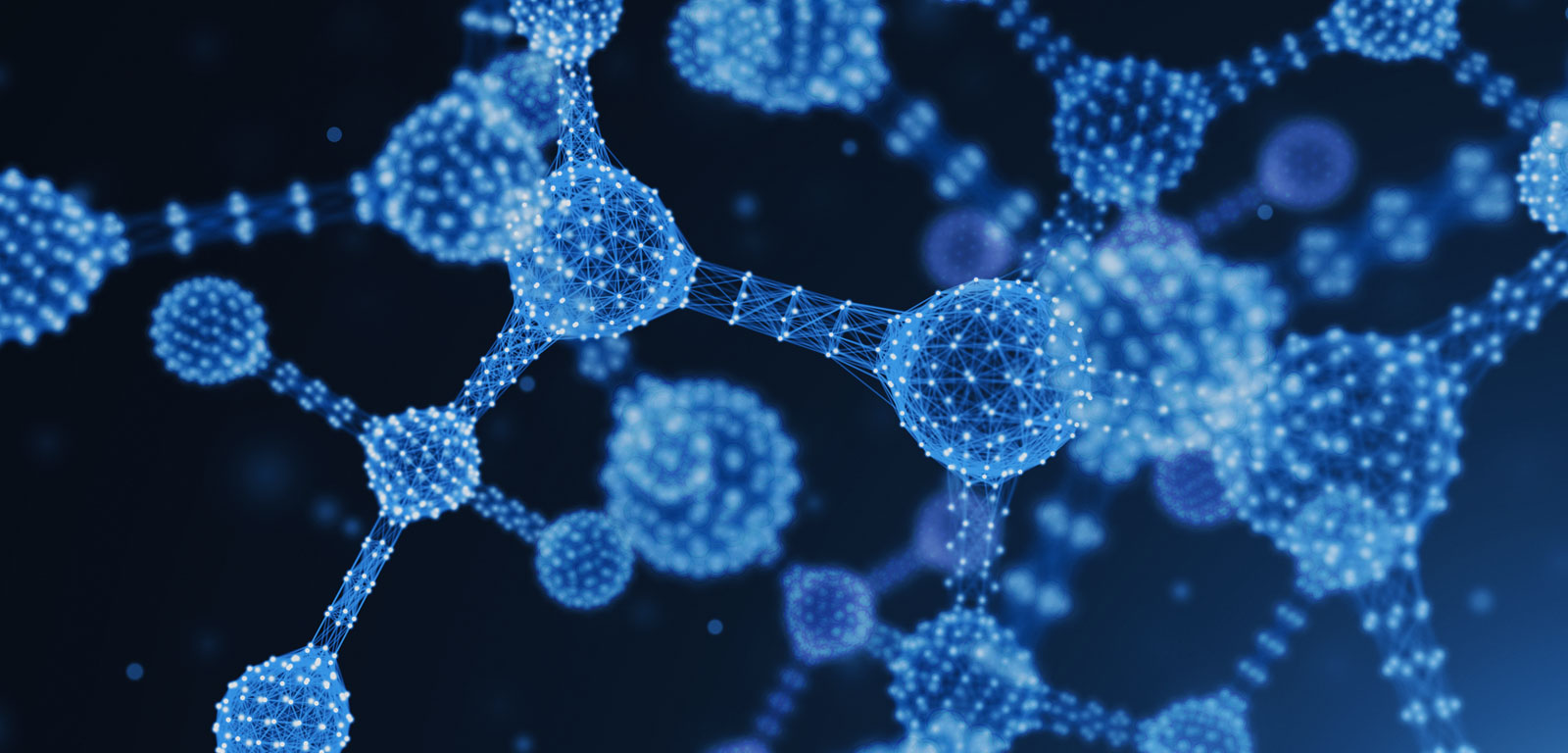Programa
Eskola orduak toggle-navigation
Programa toggle-navigation
Nahitaezko gaiak
| Gaia | Hizkuntzak | ECTS Kredituak | Espezialitateak / curriculum-ibilbideak | Eskolak emateko egoitza | Modalitatea |
|---|---|---|---|---|---|
| Atomoen, Molekulen eta Solidoen Simetria | Ingelesa | 5 | -- | Kantabriako Unibertsitatea
(
Facultad de Ciencias
)
| Ikasgelakoa |
| Egitura Elektronikoan, Dinamikan eta Modelatze Molekularrean Metodo Aurreratuak | Ingelesa | 12 | -- | Ikasgelakoa | |
| Gaitasun Zientifikoa eta Linguistikoa | Ingelesa | 5 | -- | Kantabriako Unibertsitatea
(
Facultad de Ciencias
)
| Ikasgelakoa |
| Kimika Teorikoaren Metodoak I | Ingelesa | 5 | -- | Kantabriako Unibertsitatea
(
Facultad de Ciencias
)
| Ikasgelakoa |
| Kimika Teorikoaren Metodoak II | Ingelesa | 5 | -- | Kantabriako Unibertsitatea
(
Facultad de Ciencias
)
| Ikasgelakoa |
| Mekanika Estatistikoa eta Aplikazioak Simulazioan | Ingelesa | 5 | -- | Kantabriako Unibertsitatea
(
Facultad de Ciencias
)
| Ikasgelakoa |
| Mekanika Kuantikoaren Oinarri Matematikoak | Ingelesa | 5 | -- | Kantabriako Unibertsitatea
(
Facultad de Ciencias
)
| Ikasgelakoa |
| Teknika Konputazionalak eta Zenbakizko Kalkulua | Ingelesa | 5 | -- | Euskal Herriko Unibertsitatea
(
Kimika Zientzien Fakultatea
)
Kantabriako Unibertsitatea
(
Facultad de Ciencias
)
| Ikasgelakoa |
Hautazko gaiak
| Gaia | Hizkuntzak | ECTS Kredituak | Espezialitateak / curriculum-ibilbideak | Eskolak emateko egoitza | Modalitatea |
|---|---|---|---|---|---|
| Azalera eta Interfasearen Kimika: Esperimentuak eta Modelizazioa | Ingelesa | 6 | -- | Ikasgelakoa | |
| Biokimika Konputazionala | Ingelesa | 5 | -- | Ikasgelakoa | |
| Biomolekuletara Aplikatutako Eskala Anitzeko, Machine-Learning eta QSAR Metodoak | Ingelesa | 6 | -- | Ikasgelakoa | |
| Egitura Elektronikoaren Modelazioa | Ingelesa | 6 | -- | Ikasgelakoa | |
| Egoera Kitxikatuak | Ingelesa | 5 | -- | Ikasgelakoa | |
| Erreakzio Kimikoen Dinamika | Ingelesa | 5 | -- | Ikasgelakoa | |
| Kimika Konputazionalaren Programazio Proiektua | Ingelesa | 6 | -- | Birtuala | |
| Kimika Teoriko Aplikatuko Laborategia | Ingelesa | 5 | -- | Kantabriako Unibertsitatea
(
Facultad de Ciencias
)
| Ikasgelakoa |
| Kimika Teoriko Aurreratua | Ingelesa | 5 | -- | Kantabriako Unibertsitatea
(
Facultad de Ciencias
)
| Ikasgelakoa |
| Linux eta Sistema Kudeaketa | Ingelesa | 5 | -- | Euskal Herriko Unibertsitatea
(
Kimika Zientzien Fakultatea
)
Kantabriako Unibertsitatea
(
Facultad de Ciencias
)
| Ikasgelakoa |
| Materialak Simulatzeko Metodo Teorikoak | Ingelesa | 6 | -- | Ikasgelakoa | |
| Sistema Molekular Konplexuen Eskala Anitzeko Modelizazioa | Ingelesa | 6 | -- | Ikasgelakoa | |
| Solidoak | Ingelesa | 5 | -- | Ikasgelakoa | |
| Teknika Konputazional Aurreratuak | Ingelesa | 6 | -- | Ikasgelakoa | |
| Teoriatik Inplementaziora: Tutoretzak Kimika Teorikoan | Ingelesa | 6 | -- | Ikasgelakoa |
Master Amaierako Lana
| Gaia | Hizkuntzak | ECTS Kredituak | Espezialitateak / curriculum-ibilbideak | Eskolak emateko egoitza | Modalitatea |
|---|---|---|---|---|---|
| Master amaierako proiektua | 30 | -- |
Metodologia
The TCCM European Master is spread over two years and corresponds to 120 ECTS credits. - The first year (M1) will be taken at the student's home Institution, and will be devoted to providing the student with a background in Theoretical Chemistry and Computational Modelling as well as in advanced aspects within the different areas of Chemistry. In the first year the student must attend courses and pass related exams for 60 ECTS credits. These courses will provide the student with the background necessary to follow the second year of the Master, which has a marked International research character. - The second year (M2), mostly international, is devoted to courses and research activity in advanced aspects of Theoretical Chemistry and Computational Modelling as well as in their applications to the most important fields of modern Chemistry, Material Science and Biology. For this purpose all students will take, compulsorily, a four-week Intensive Course that will be followed by 10 weeks of tutorial work in the home Institution up to complete 30 ECTS credits. The second part of M2 will be devoted to an introduction to research, equivalent to 30 ECTS credits. Part of this research activity has to be carried out abroad, in a host Institution of the Consortium of a country different from that of the home Institution. For this purpose, each student will undertake a research project, under the supervision of a local Tutor, and in close collaboration with his tutor at the host Institution. The Master will end with the defence of a Master Thesis.Ebaluazioa
A Master Thesis illustrating the research project has to be produced and defended at the end of the Master at the home university. At least one member of the jury comes from a foreign country and at least 30% of the presentation is given in a second European language. The defence is also undertaken in two different languages.- Kreditu kopurua ECTS : 30
- MALeko irakasleak


